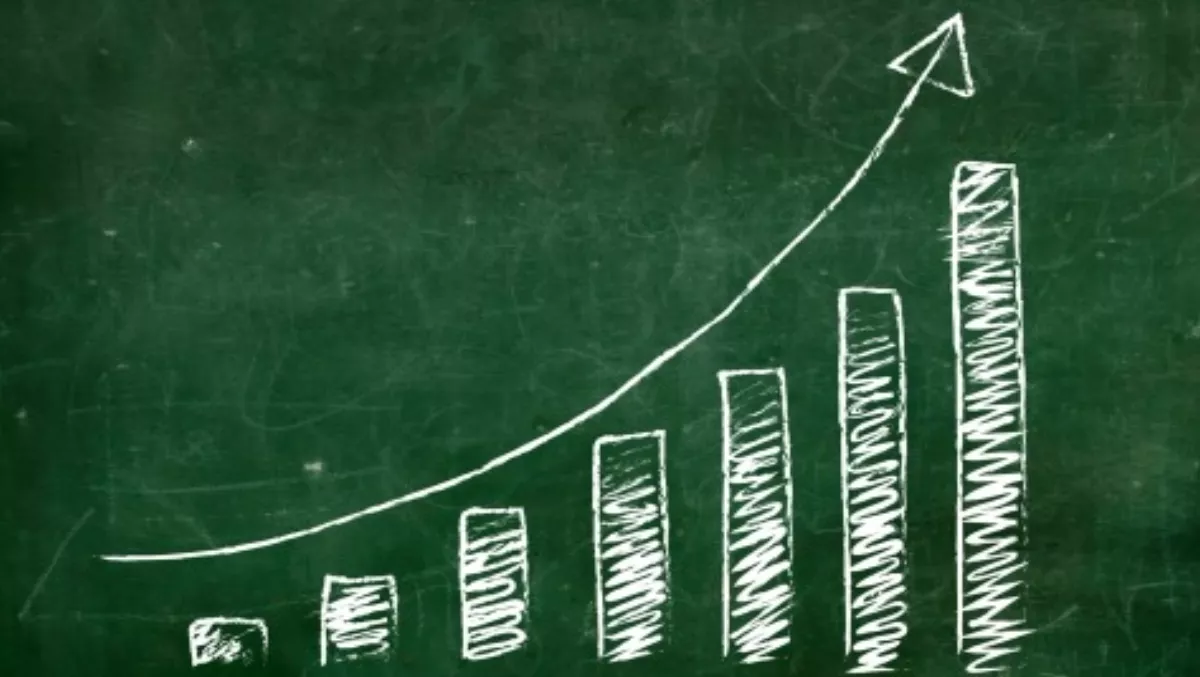
NZ consumer confidence gains in March quarter in face of cheaper petrol, home loans
New Zealand consumer confidence rose in the first three months of the year, as Kiwis enjoyed cheaper fuel prices and lower fixed home-loan rates, and became more upbeat about the near-term outlook for the economy.
The Westpac McDermott Miller Consumer Confidence Index rose to 117.4 in the latest survey from 114.8 three months earlier. The present conditions index gained 1.8 points to 113.2 and the expected conditions index rose 3 points to 120.1.
The survey comes after figures this month showed a 1.2 percent jump in New Zealanders' spending on debit and credit cards last month, faster than some economists had expected, indicating they are becoming more comfortable with their spending power. The biggest gain in the Westpac survey was in perceptions of an improvement in the one-year outlook for the economy, which rose 7.3 points to a net 23.8 percent.
"Petrol prices and fixed mortgage rates have continued to fall since the previous survey, while share prices and house prices have continued to rise," said Felix Delbruck, senior economist at Westpac Banking Corp. "Rising consumer confidence is also in keeping with the very strong electronic card spending data we saw over January and February."
Delbruck said a regional breakdown in the survey surprised in showing that rural consumers were less gloomy than expected in the face of a low dairy payout and drought conditions in some parts of the country, which might reflect the improvement in prices in recent GlobalDairyTrade auctions. Confidence in urban centres was "healthy, rather than exuberant."
Consumers became mildly less gloomy about their own finances, with a net 1.4 percent saying they were worse off than a year ago, from a net 3.1 percent who said their situation had deteriorated three months ago. At the same time, a net 9.8 percent felt they would be better off in the year ahead, up from a net 7.9 percent in the December quarter.
The outlook for the economy over the next five years deteriorated slightly, with a net 26.8 percent seeing an improvement, down from 27.2 percent.
Those deeming it a good time to buy a major household item rose to a net 27.8 percent from 25.8 percent.
The survey interviews were conducted from March 1-11 with a sample size of 1,561.

